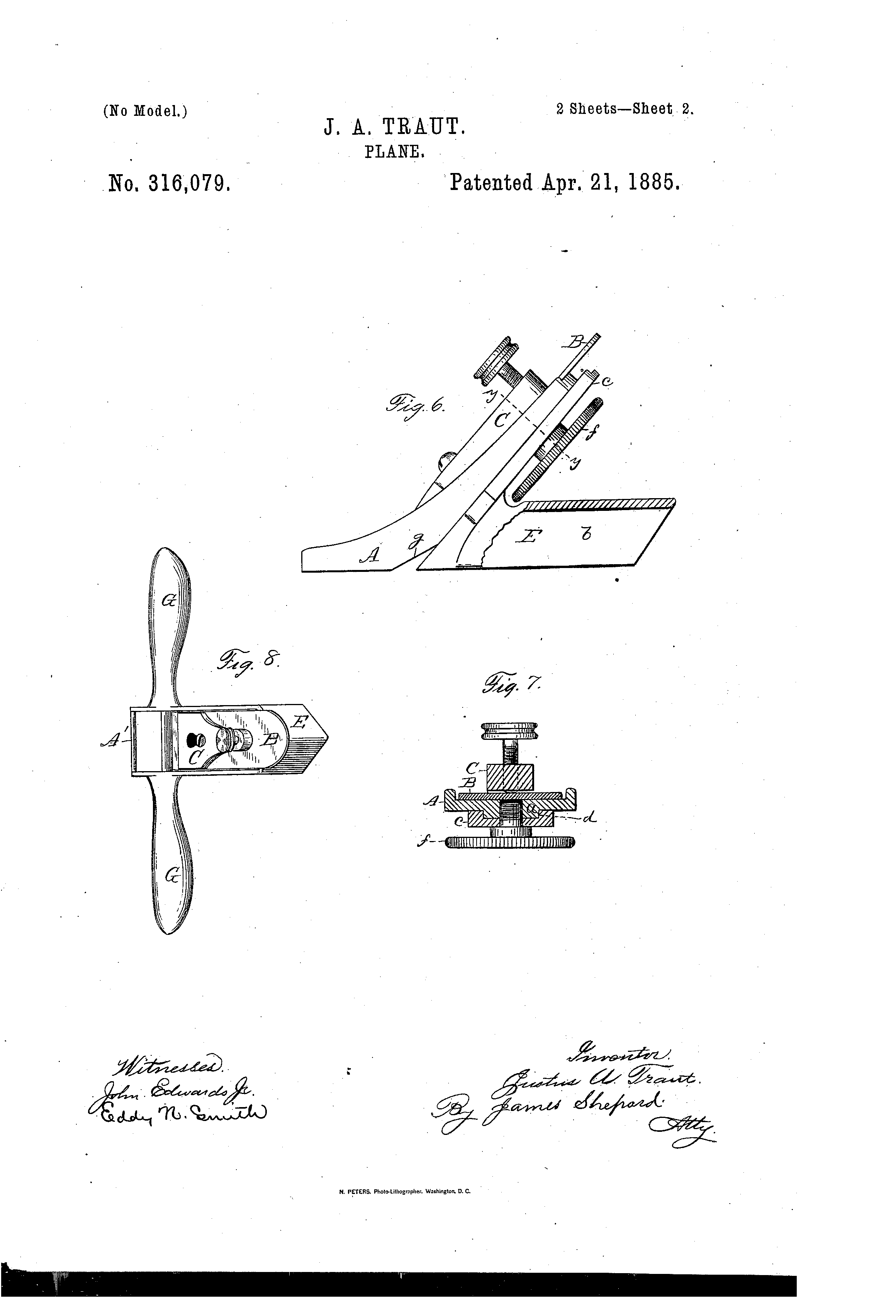patrickjchase":2scyjy1w said:
D_W":2scyjy1w said:
Woodcraft and jww are generally very very high on price, and sometimes very low on ethics.
While I generally agree, I don't think there's an ethical problem here. As I pointed out in another post that design is very likely out of patent. The
entire point of the patent system is to encourage makers to disclose their designs (by providing a term of initial government-enforced exclusivity), so that others may freely use them once the patent term has run out. That appears to be exactly what WC has done here.
I'm not talking about what's legal, I'm talking about what's ethical. Of course, legal is a more firm definition, but I tend to avoid unethical retailers. I got to know the CEO of woodcraft a few years ago over email (presuming the CEO is still the same) and I found him to be quite a favorable guy, but I don't like the claw hold they have on pfeil distribution (and the extremely high prices they have to go with it), nor do I like the way they operate JWW, which is just a continuation of the JWW that was. Here's an example:
* Hideshi Ogata makes a whole bunch of planes over his lifetime. At some point, they become popular with k-zerou guys.
* A few years ago, I run across a swedish blade and cap iron from alex gilmore, probably paid something like $260 for them. I think it's common for the makers to make a lot more irons than they can sell, especially if they've got a relatively modern process for a lot of the work (dies, etc, to get everything to initial shape, and then grinding jigs)
* recently, I saw JWW claim that they had bought all of the remaining stock of ogata irons and you'd not be able to get any ogata planes from anywhere else. Of course, they priced them highway robbery style ($800, which they never sold for when they were in circulation)
At the same time, you can still find ogata planes all over the place. Tomohito iida sells excess stock on ebay, and he usually gets somewhere between $100 and $200 for an ogata plane when he sells them at auction.
tomohito is not innocent in this, either, though. For a long time, he sold Ogata and Nakano planes for about $450. Somewhere around that level is where you get into BS if the price is more (the planes are no better), and nakano made a big deal of wanting his planes to be affordable for the average craftsman. I don't know what triggered it, but iida just redid his webpage, and now he thinks $800 is a fair price for ogata and nagano. Maybe he saw JWW selling them for that. They'll be a slow sale at that price, except in the case of an uniformed buyer.
At any rate, WC, perhaps can't come to an agreement with veritas to sell their tools (I thought they did at some time, and it went south when they started trying to sell quangsheng knock-offs next to the veritas tools), so they could either sell a copy of a vintage tool or come up with their own. If were sort of a chop-shop copy seller (low price, knock offs, etc), that'd be fine, but they are the highest price (often selling things for higher than the SRP) seller, even when they sell something quangsheng-y.
I did buy a new nakano plane (white #1) from iida off of ebay, but it sold there (with a nimura dai - I like nimura) for $260 - a straight up auction. I pity the person who buys any of that stuff at full price, and while I'm not surprised at JWW (who prints absurd things like "matsumura's wife swiinging the hammer when they're busy" - come on), I'm really disappointed with tomohito iida - he was already at the top of the market price-wise.
I get that woodcraft has a lot of overhead (franchisees with fees to pay, brick and mortar commercial location rent costs, etc), but I'd be better off as a woodworker if they'd disappear, because it would spring pfeil free from the absurd exclusive distribution rights. the few times I've stepped into a woodcraft store, I've struggled to buy anything, though I'll admit my orders through their corporate site have always been smooth and fast (they're not far from me geographically), except when they get stingy and use "smart post", which takes about 5 days to get here from 3 hours' drive away.

































